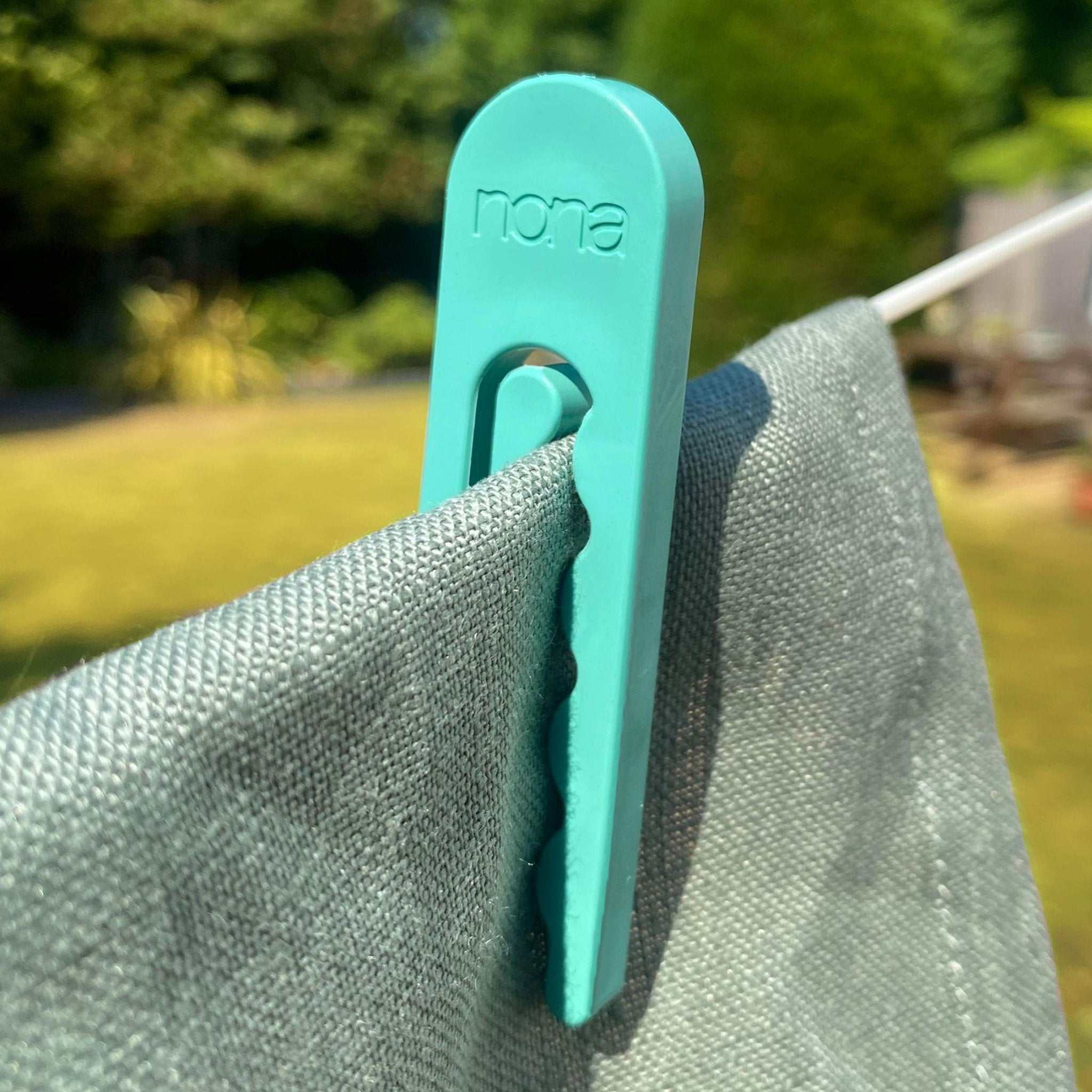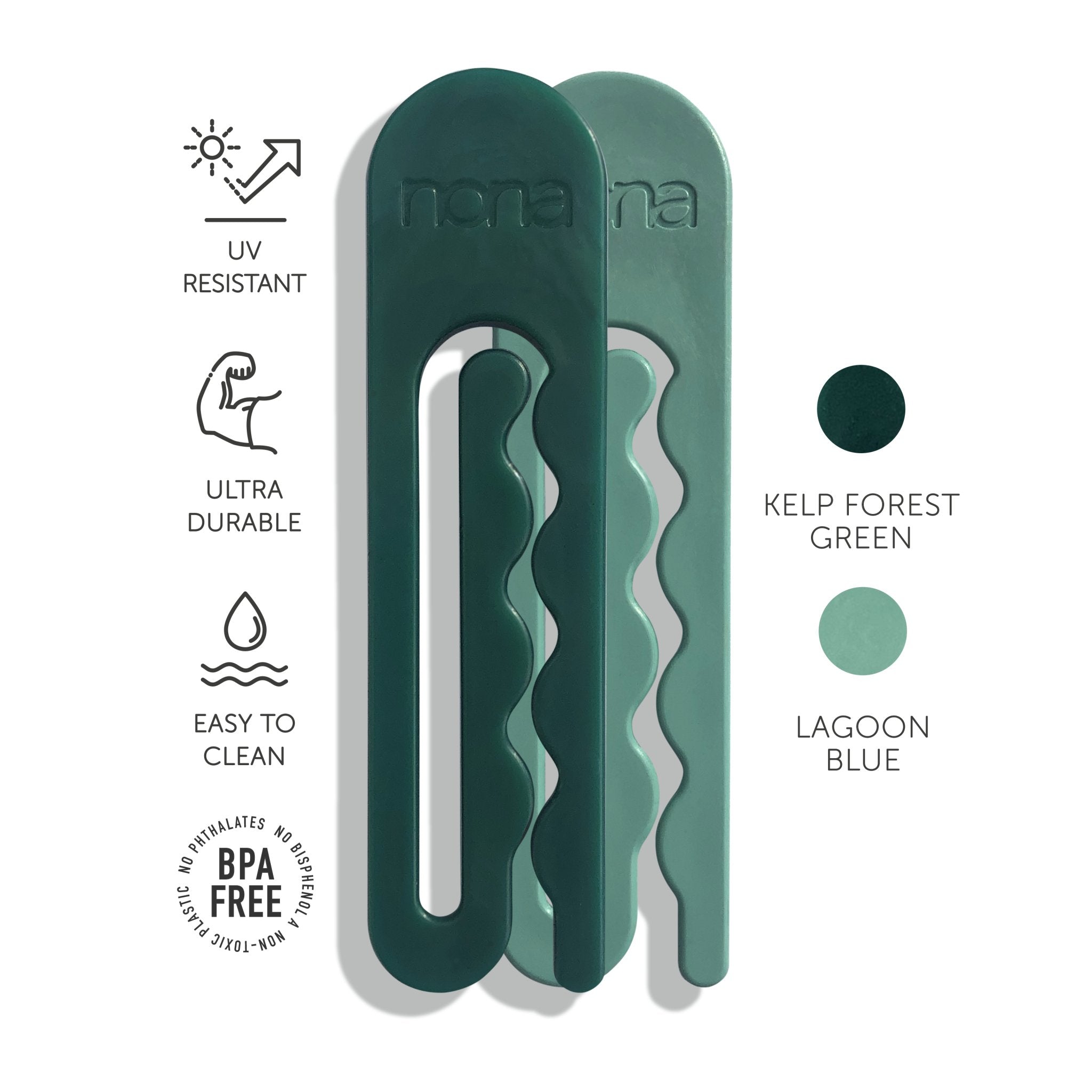As pressure mounts around the world to tackle the growing scourge of plastic waste, David Attenborough has added his towering voice to the chorus of dissenters. With “Blue Planet 2” already splashed across screens worldwide, the superstar naturalist is not afraid to use his position to champion a cause for which he cares dearly.
Speaking at the launch of the new series, he pressed the immediacy of the issue. “We have a responsibility, every one of us,” he said. “We may think we live a long way from the oceans, but we don’t. What we actually do here, and in the middle of Asia and wherever, has a direct effect on the oceans – and what the oceans do then reflects back on us.”
His words were inflected with genuine sadness at the state of the ocean, renewed by the encounters he and the crew had in production. Blue Planet 2 takes viewers across the world’s oceans, showcasing nature’s best and bizarrest. But on the journey around the world, what’s inescapable is humanity’s indelible impact on the ecosystem. The final episode is dedicated to the impact of plastic on the oceans.

In the press ahead of launch, Attenborough has repeatedly referred to one harrowing scene shot by the BBC crew. Filming the nesting of Albatross, the great flying behemoths of the Southern Ocean, majestic and life-affirming scenes are generally found. “They form partnerships for 50 years, they circle the antarctic collecting food, they come back to their mate in the same place and they feed their young. [We have] a shot of the young being fed. And what comes out of the beak of the adult? Not sandeels, not fish and not squid, which is what they mostly eat. Plastic. It’s heartbreaking. Heartbreaking.”
Last year the Ellen Macarthur foundation reported that by 2050, the mass of man-made plastic in the ocean may equal that of fish. That incredible statistic, fuelled by our throwaway culture and single-use obsession, is one of many shocking discoveries that is beginning to force the world into action.
While Attenborough casts a downbeat note on climate change, he speaks with energy and genuine optimism when contemplating action against plastic waste. “What we’re going to do about 1.5 degrees rise in the temperature of the ocean over the next 10 years, I don’t know, but we could actually do something about plastic right now,” he said.
One after another, major organisations and governments are coaxed into minor action. The compulsory plastic bag charges in England is a positive step. But as ever, it’s the small companies and individuals that have long led the way, and it’s in their hands that the success of the cause will move through.
There are two ways to tackle ocean waste: prevention and recovery. We much prefer the former. Choosing products with less packaging is the first step. Up to 50% of plastic produced is single-use. Choosing materials that can be returned safely to the biosphere after a lifespan of use is the larger, more difficult step. Plastic is in its own way brilliantly cheap and durable – but that durability is costing the ocean.


























